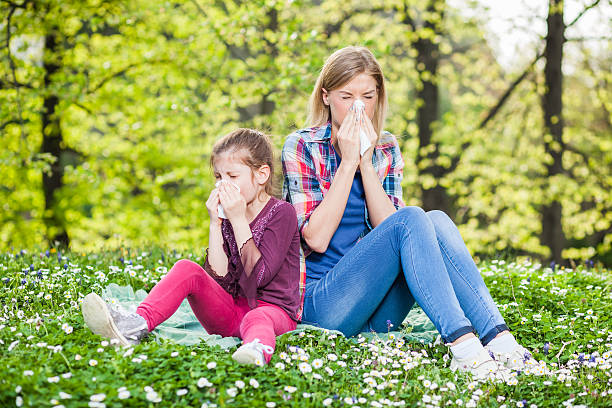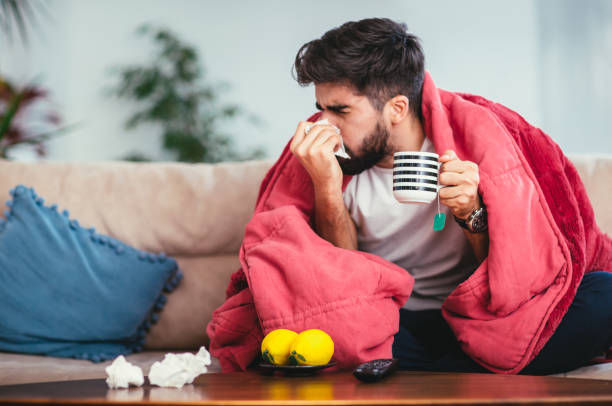Runny nose, also known as rhinorrhea, is a common condition characterized by an excessive production of mucus from the nasal passages. This can cause a continuous flow of mucus from the nose and make it difficult to breathe. Some of the most common symptoms of runny nose include:
Nasal discharge: The most noticeable symptom of runny nose is a continuous flow of mucus from the nose. The discharge can be clear, cloudy, yellow, or green.
Sneezing: Sneezing is a reflex that helps to clear the nasal passages of mucus and irritants.
Itching: An itchy nose is a common symptom of runny nose, especially if it is caused by allergies.
Congestion: Congestion is the feeling of having a stuffy nose, which can be caused by the accumulation of mucus in the nasal passages.
The treatment for runny nose varies depending on the cause. Some of the most common treatments include:
Decongestants: Over-the-counter decongestant sprays or pills can help to reduce swelling in the nasal passages and relieve congestion.
Antihistamines: Antihistamines can help to reduce the symptoms of runny nose caused by allergies.
Nasal corticosteroids: Nasal corticosteroids are a type of steroid that can be used to reduce inflammation and swelling in the nasal passages.
Saline nasal sprays: Saline nasal sprays can help to moisturize the nasal passages and flush out mucus.
It is important to see a doctor if the runny nose is accompanied by other symptoms such as fever, headache, and facial pain, as this could be a sign of a more serious underlying condition.
In conclusion, runny nose is a common condition that can be caused by a variety of factors, including allergies, colds, and sinus infections. The symptoms of runny nose include nasal discharge, sneezing, itching, and congestion. The treatment for runny nose depends on the cause, but may include decongestants, antihistamines, nasal corticosteroids, and saline nasal sprays.

 Home
Home Health
Health Diet & Nutrition
Diet & Nutrition Living Well
Living Well More
More












